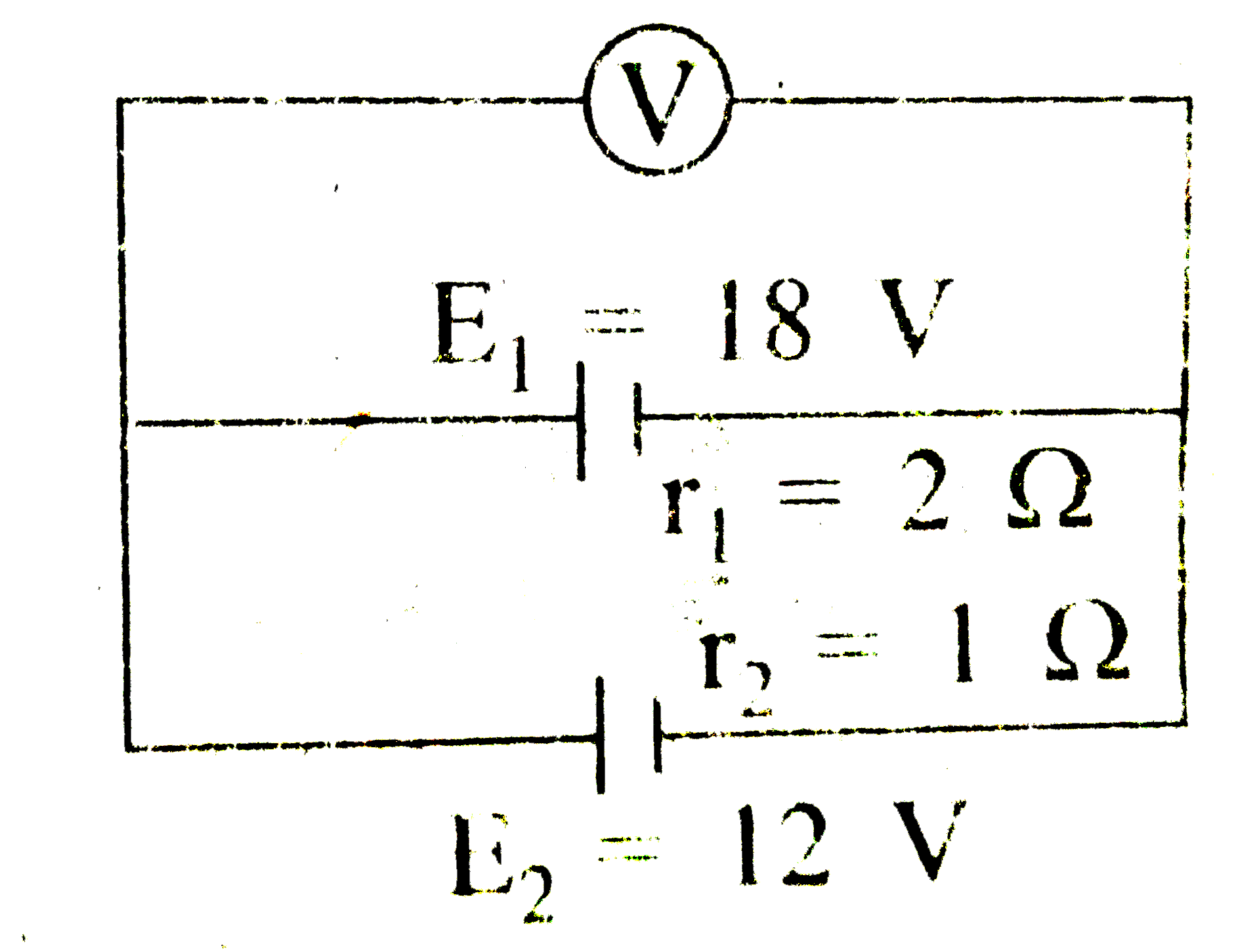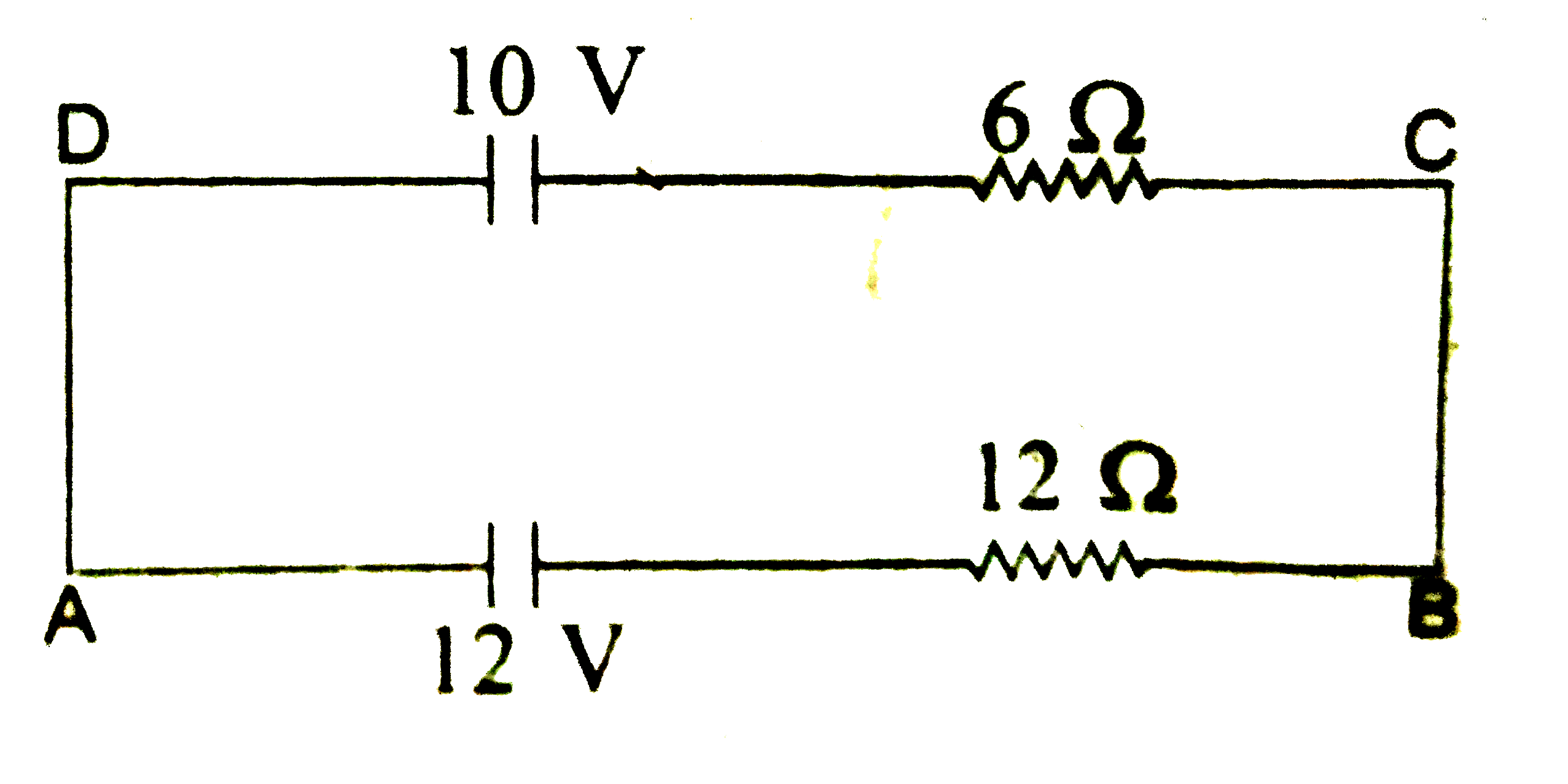Read the passage given below carefully and answer the questions that follow:
The 1950s witnessed the emergence of Civil Rights Movements against inequalities that existed between black and white populations in many of the southern states of the USA. Such inequalities were maintained in these states by a set of laws called Segregation Laws through which the black people were denied many civil and political rights. These laws created separate areas for coloured and white people in various civic amenities like railways, buses, theatres, housing, hotels, restaurants, etc.
Martin Luther King Jr. was a black leader of the movement against these laws. King gave many arguments against the prevailing laws of segregation. First, in terms of self-worth and dignity every human person in the world is equal regardless of one's race or colour. Second, King argued that segregation is like 'social leprosy' on the body politic because it inflicts deep psychological wounds on the people who suffer as a result of such laws.
King argued that the practice of segregation diminishes the quality of life for the white community also. He illustrates this point by examples. The white community, instead of allowing the black people to enter some community parks as was directed by the court, decided to close them. Similarly, some baseball teams had to be disbanded, as the authorities did not want to accept black players. Thirdly, the segregation laws create artificial boundaries between people and prevent them from cooperating with each other for the overall benefit of the country. For these reasons, King argued that these laws should be abolished. He gave a call for peaceful and non-violent resistance against the segregation laws. He said in one of his speeches: "We must not allow our creative protest to degenerate into physical violence."
Who was Martin Luthar King Jr.?
He was a black leader of the movement against segregation policies.
Topper's Solved these Questions
- CITIZENSHIPBOOK - FULL MARKSCHAPTER - CITIZENSHIPEXERCISE - ADDITIONAL QUESTIONS WITH ANSWER ( Long Answer Type Questions-II )
3 Videos
- CITIZENSHIPBOOK - FULL MARKSCHAPTER - CITIZENSHIPEXERCISE - ADDITIONAL QUESTIONS WITH ANSWER (Picture - Based Questions )
2 Videos
- CITIZENSHIPBOOK - FULL MARKSCHAPTER - CITIZENSHIPEXERCISE - ADDITIONAL QUESTIONS WITH ANSWER ( Short Answer Type Questions )
10 Videos
- CONSTITUTION : WHY AND HOW ? BOOK - FULL MARKSCHAPTER - CONSTITUTION : WHY AND HOW ? EXERCISE - ADDITIONAL QUESTIONS WITH ANSWERS (VI. PICTURE_BASED QUESTIONS)
1 Videos
Similar Questions
What are the qualities of a good citizen?
View SolutionRead the cartoon given below and answer the questions that follow:

What does the cartoon represent?
View SolutionHow can the citizenship be acquired?
View SolutionRead the cartoon given below and answer the questions that follow :

What did the countries of the European Union try to create?
View Solutionपरिवर्ती ऑक्सीकरण अवस्थाओं से क्या तातपर्य है? इसे संक्रमण तत्वों के सन्दर्भ में समझाइए ।
View Solutionदो लेन्थेनाइड तत्वों के इलेक्ट्रॉनिक विन्यास लिखकर उनकी ऑक्सीकरण अवस्थाएँ लिखिए ।
View Solutionसवणारंक किसे कहते है? जिलेटिन व् गोंद के सवणारंक क्रमश: 0.005 व् 0.10 है! इन रक्षी कोलाइडो में किसकी रक्षी क्षमता अधिक है, समझाइए!
View Solutionऐसी पारस्परिक क्रिया जिसमे एक जाति को लाभ होता है और दूसरी को न लाभ होता है और न हानि , उसे कहते है -
View Solutionदिए गये विघुत परिपथ में तथा के मध्य विभवान्तर की गणना कीजिए ।

View Solutionदिए गये विघुत परिपथ की सहायता से ज्ञात कीजिए
- (i) परिपथ में धारा , तथा
(ii) बिन्दु A तथा B के बीच विभवान्तर ।

View Solutionफैराडे के विधुत-चुम्बकीय प्रेरण सम्बन्धी नियमों का उल्लेख समझते हुए कीजिए |
View Solutionएक परीक्षा में पास होने वाले तथा पेल होने वालो का अनुपात 3 : 1 था। यदि परीक्षा में 8 विद्यार्थी ज्यादा बैठते तथा 6 कम पास होते तो पास होने तथा फेल होने वालों का अनुपात 2 : 1 है। परीक्षा में कितने विद्याया बेठ थे?
View Solution40 बच्चों की एक कक्षा में लड़कियों और लड़कों का अनुपात 2 : 3 हैं। 5 नवे बच्चों ने कक्षा में प्रवेश लिया। इनमें किनने लड़के होने चाहिए जिससे लड़कियों और लड़कों का अनुपात 4 :5 हो जाए?
View Solutionसमीकरणो x−y+1=0 और 3x+2y−12=0 का ग्राम खीचिए। x -अक्ष और इन रेखाओ से बने त्रिभुज के शीर्षे के निर्दशक ज्ञात कीजिए और त्रिभुजाकार पटल को छायांकित कीजिए ।
View Solutionसमस्याओ में रैखिक समीकरणो के युग्म बनाइए और अनके हल ( यदि उनका अस्तित्व हो ) किसी बीजगणितीय विधि से ज्ञात कीजिए :
यश ने एक टेस्ट में 40 अंक अर्जिक किये, जब उसे प्रत्येक सही उत्तर पर 3 अंक मिले तथा अशुध्द उत्तर पर 1 अंक की कटौती की गई । यदि उसे सही उत्तर पर 4 अंक मिलते तथा अशुध्द उत्तर पर 2 अंक कटते , तो यश 50 अंक अर्जिक करता । टेस्ट में किनते प्रश्न थे ?
View Solutionएक थैले में 4 सफेद और 3 काली गेंदें हैं। यदि ये एक-एक करके निकाली जाएँ तो पहली गेंद के सफेद, दूसरी के काली, तीसरी के सफेद, चौथी के काली, पाँचवीं के सफेद, छठवीं के काली और सातवी के सफेद होने की मिश्र प्रायिकता ज्ञात करो।
View Solution
